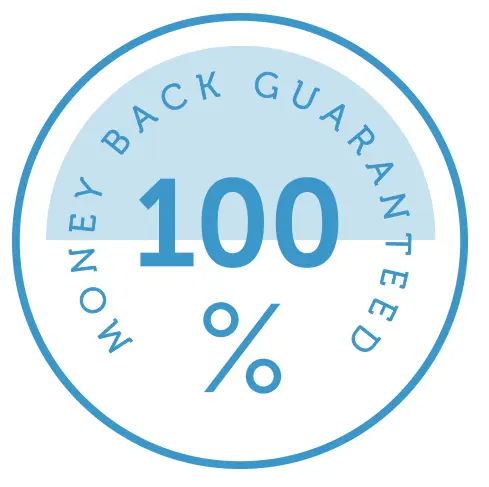
Happiness starts with
a healthy smile
Professional teeth whitening &
oral care products designed to
improve your quality
of life.
Optimal Health & Beautiful Smiles. Delivered to Your Door.
Nearly 1 million happy customers... and growing!
Make ONE Impression.
Get any custom-fitted
trays or guards FOR LIFE.
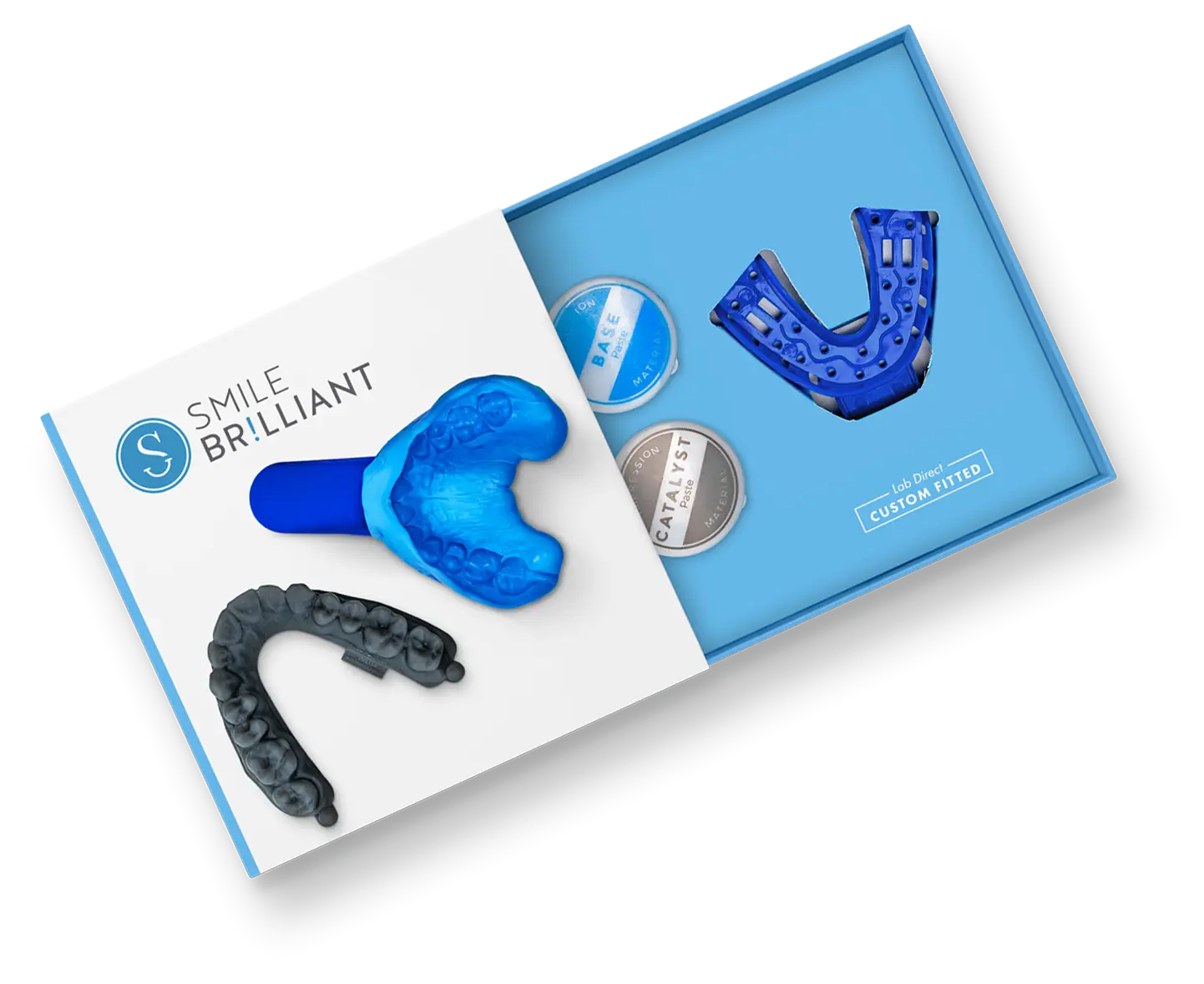
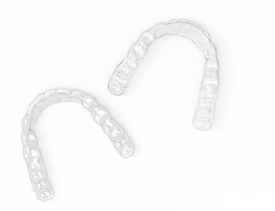
America's # 1 Custom-fitted Trays & Guards
45 Day Risk-Free Trial. 100% Money Back Guarantee. FREE 3-way shipping.
Make ONE Impression.
Get any custom-fitted
trays or guards FOR LIFE.

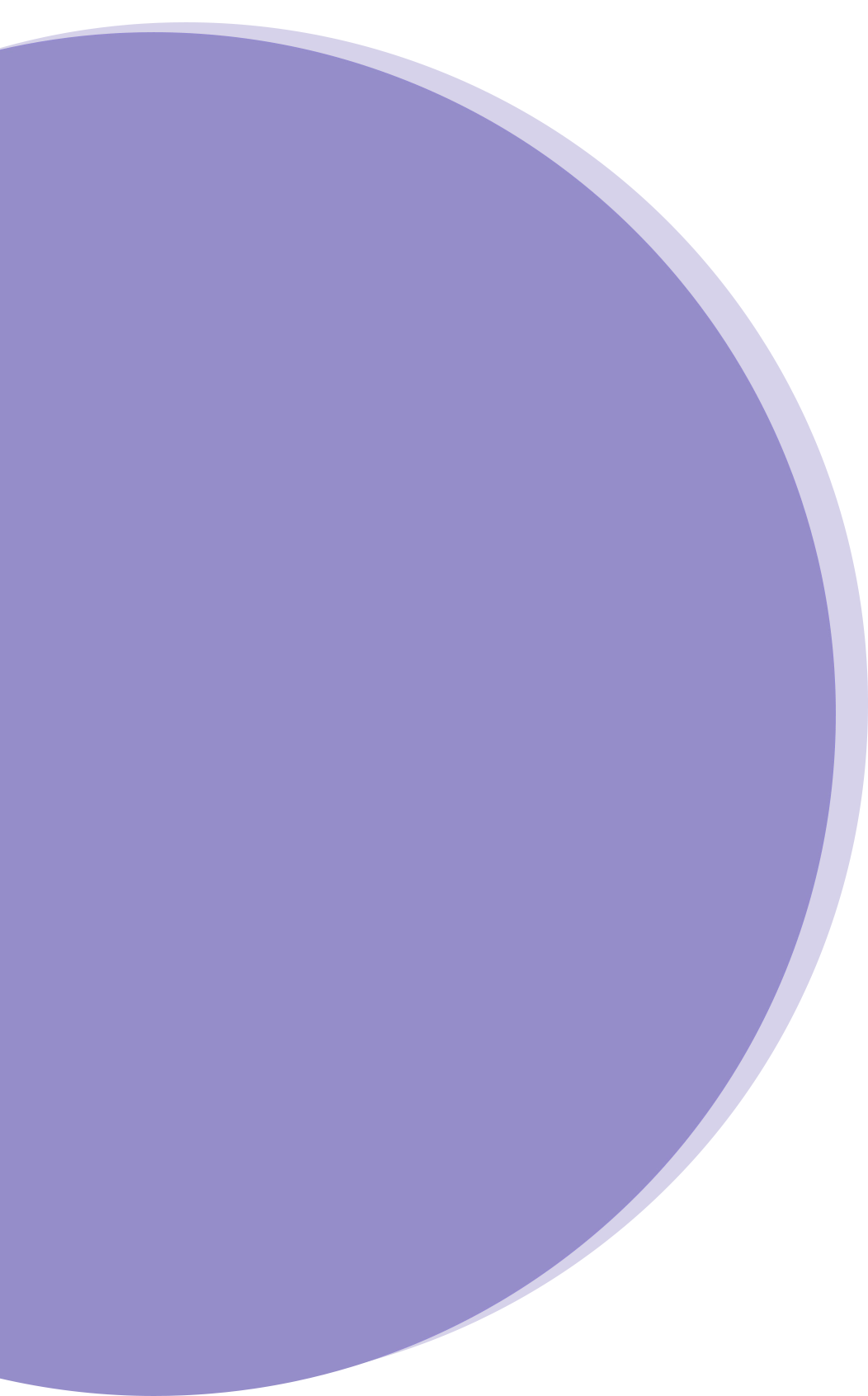


Already have Teeth Whitening Trays?

Guaranteed to Improve Oral Health. Backed By Real Science. Dentist & Hygienist Approved.
Microbiome matters!
Improving oral health through
effective cleaning & rejuvinating
your natural defenses.

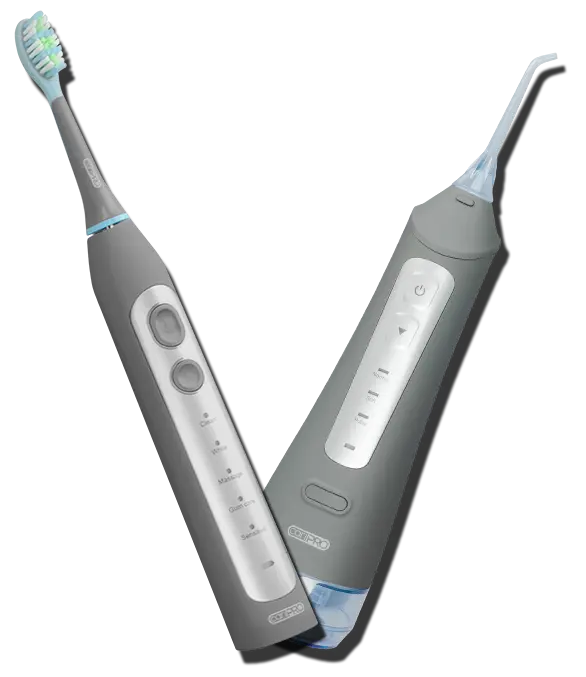
Microbiome matters!
Improving oral health through
effective cleaning & rejuvinating
your natural defenses.
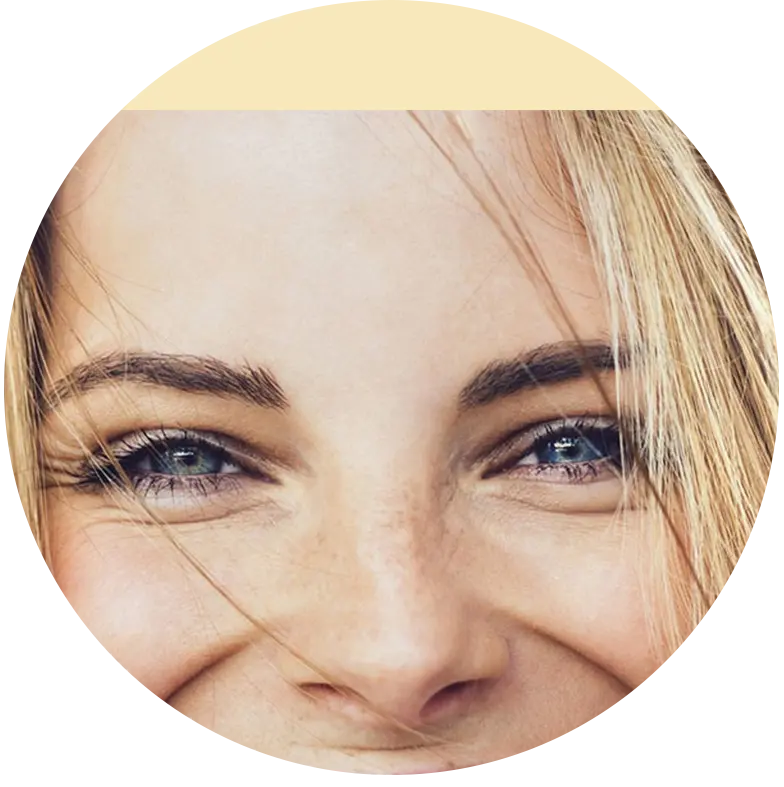
You Smile with MORE
than just your
Teeth.
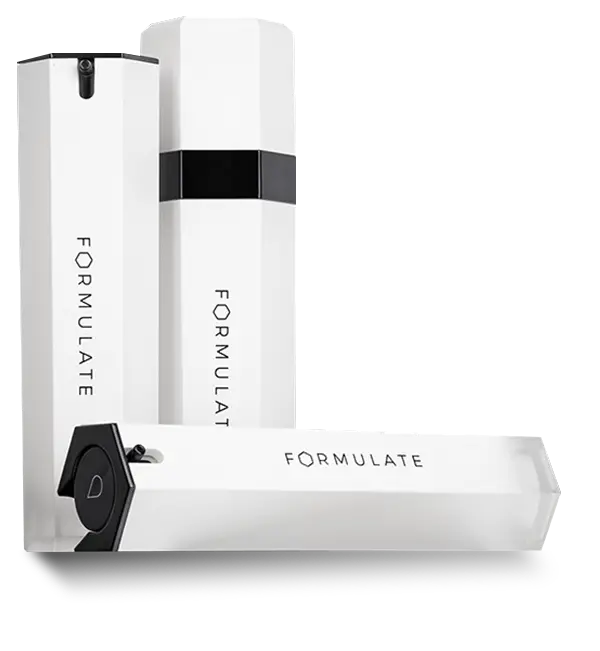
See how our multi- year R&D partnership with
Formulate Labs has produced a nourishing
skincare
routine for a healthier glow.


CURIOUS WHAT PEOPLE THINK?
Nearly 1 million happy customers ... and growing!












